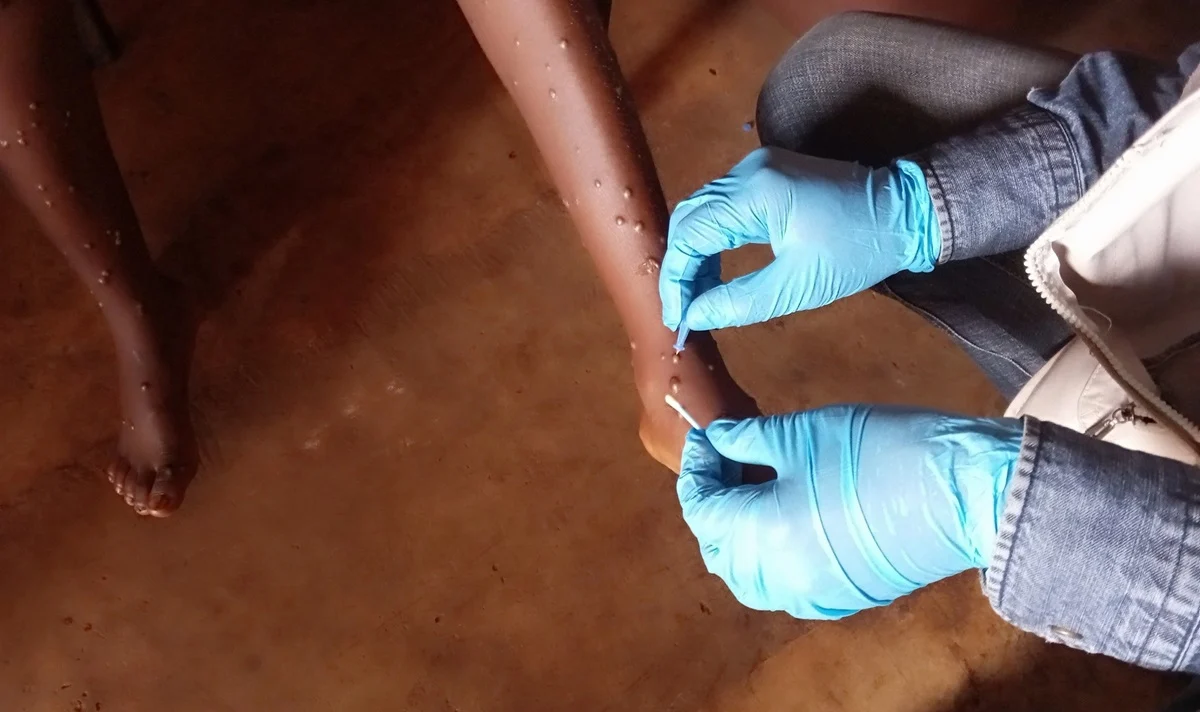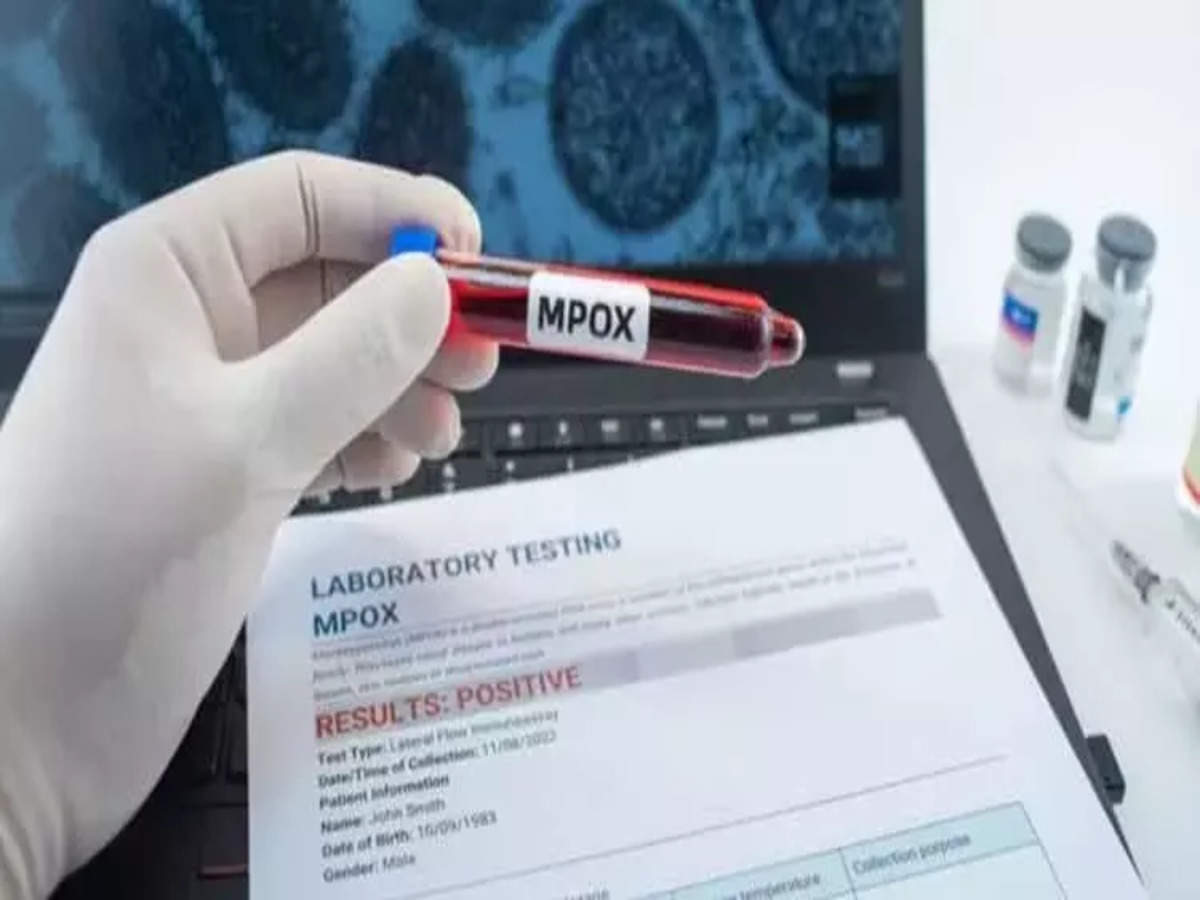The World Health Organization (WHO) has made a crucial advancement in addressing mpox by approving the first rapid diagnostic test for the virus. This new PCR test enables healthcare professionals to detect mpox DNA from skin lesion swabs, providing immediate results.
In the past, testing required samples to be sent to laboratories, resulting in delays of several days before results were received. The introduction of this swift testing method is expected to significantly aid in curbing the rising number of global mpox cases.
Testing has been particularly challenging in Africa, where limited capacity and slow confirmation processes have contributed to the spread of mpox, previously known as monkeypox. The WHO reported that out of over 30,000 suspected cases in Africa this year, only about 40% have been confirmed through testing.
This discrepancy underscores the urgent need for effective diagnostic tools, as the delays in confirmation have facilitated further transmission of the virus. The new rapid test aims to address these challenges and improve response efforts across the continent.
Yukiko Nakatani, the WHO’s assistant director-general, described the new diagnostic test as “a significant milestone” in managing the mpox outbreak. She emphasized the importance of increasing access to quality medical products as a central strategy for helping countries contain the virus’s spread. By enabling quicker diagnoses, the new test is expected to empower healthcare systems, allowing for timely treatment and interventions, particularly in regions that are underserved and heavily impacted by the outbreak.

In the Democratic Republic of the Congo, which has reported the highest number of mpox cases, officials are preparing to launch a vaccination program. With at least 635 deaths attributed to mpox this year, the need for effective public health measures is urgent. The WHO has declared the outbreak a global public health emergency for the second time in two years, further highlighting the necessity for robust intervention strategies to combat the disease in the region.
Vaccination efforts are gaining momentum, with several Western countries donating doses to support Africa’s fight against mpox. Despite these contributions, there is still an urgent demand for more vaccines. Rwanda recently became the first African country to roll out mpox vaccinations, and additional doses are set to arrive soon.
Additionally, Nigeria is preparing to initiate its own vaccination drive, focusing on frontline healthcare workers and close contacts of infected individuals. In the Democratic Republic of the Congo, priority will be given to those most at risk, supported by a substantial donation of vaccines from the European Commission, reflecting a coordinated global effort to address the mpox crisis.
